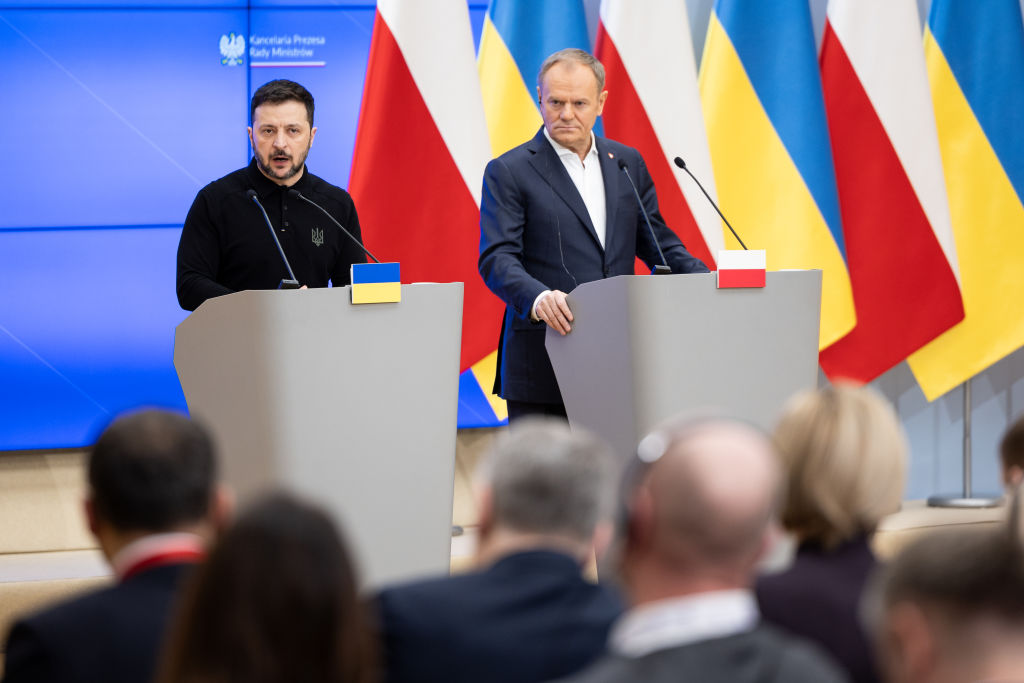Morocco, Tunisia, and Mauritania are reportedly using European Union funds to detain and abandon migrants in the Sahara Desert, according to an investigation by Spanish newspaper El País, Lighthouse Reports, and other international media outlets.
This practice, aimed at halting the influx of migrants to Europe, has resulted in people being left in unsafe desert areas without basic necessities, exposing them to extreme dangers.
The investigation revealed that tens of thousands of migrants, particularly black individuals, are forcibly exiled to remote parts of North Africa every year.
These migrants, hoping to reach Europe, are often left in the world’s largest hot desert without mobile phones, money, water, or even shoes.
Survivors report facing kidnappings, extortion, torture, sexual violence, and dog attacks by security forces. “This practice is systematically applied almost exclusively against black people and has a silent accomplice: the European Union,” the investigation states.
Testimonies from affected individuals describe being left in no man’s land without any means to return or seek help, in regions rife with criminal and jihadist groups. A European source involved in EU-funded programs for Africa noted: “When the EU gives you money to block the borders, you have to get rid of irregular migrants on your territory. Or at least make life difficult for them.”
This practice is not new; evidence suggests that such operations have been ongoing since at least 2003 in Morocco. Despite the longstanding nature of these actions, the EU has continued to finance border control measures in these countries. “Last summer, black men, women, and children were shown on television in no man’s land between Tunisia and Libya. A picture of a woman and her daughter dying of dehydration in the sand went around the world,” the source added.
EU Interior Commissioner Ylva Johansson expressed concern last summer. She said: “European money is not funding the deportation of migrants. That is totally untrue.”
However, documents and interviews with more than 50 survivors and several police and EU sources suggest otherwise. The European border agency Frontex, the UN refugee agency UNHCR, and the International Organisation for Migration (IOM) are also aware of these practices, according to confidential documents accessed by El País.
The EU is legally obligated to ensure its funds do not violate human rights. Despite this, the European Commission has admitted it does not monitor the implementation of human rights clauses in its contracts effectively. “All EU contracts have human rights clauses that allow implementation to be adjusted as necessary,” said a spokeswoman. However, senior EU officials privately acknowledge that it is “impossible” to control everything.
Immigration to Europe continues to rise despite these measures, with over 380,000 people arriving in 2023, a 17 percent increase from the previous year, according to Frontex. This issue is a significant topic in the public debate ahead of the European elections in June, where far-right parties aim to capitalise on anti-immigrant sentiments.
The Express has contacted the EU for comment.




















Discussion about this post